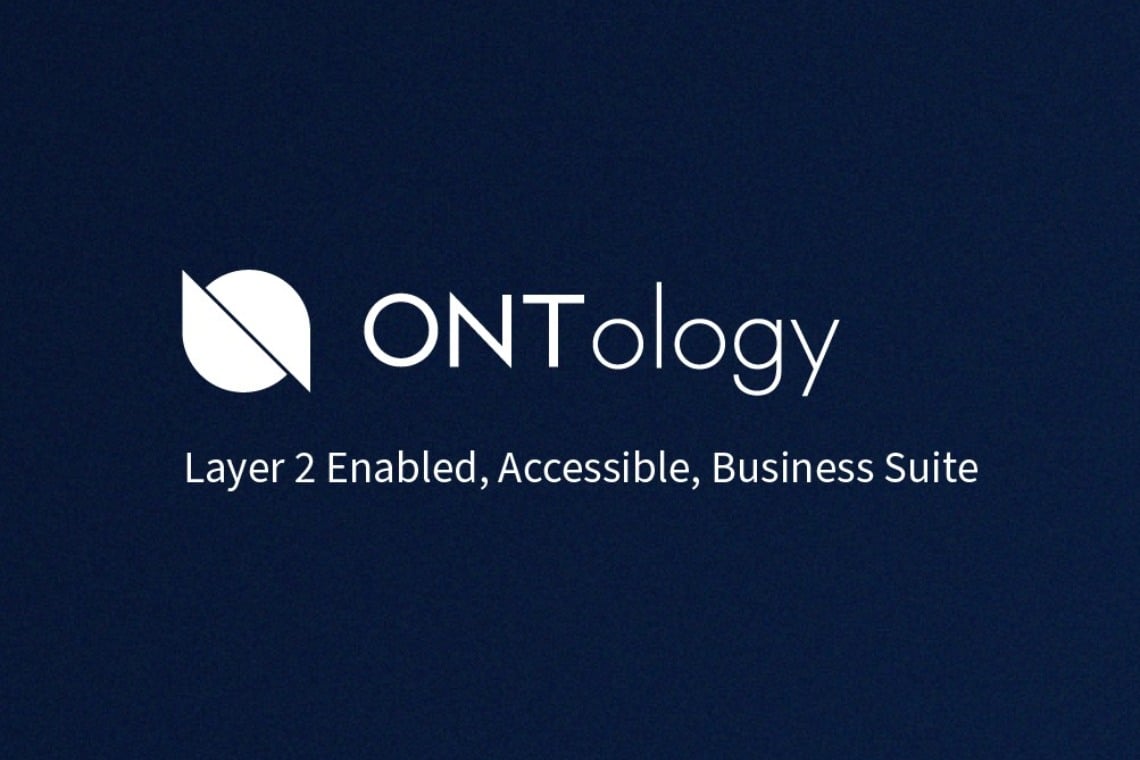Ontology is a public blockchain, with its own coin, which guarantees high levels of performance based on the operation of a distributed platform that relies on the contribution of the community.
The token that powers Ontology, called Ontology Coin (ONT), was initially issued as a NEP-5 token on the NEO blockchain, as both were created by Onchain, a company that provides the public with business solutions powered by blockchain technology.
Unlike most projects, Ontology was not launched via an initial ICO phase but rather opted for a sale of its token to private investors. In addition, the Ontology team distributed a portion of ONT for free to those who already owned NEO.
Ontology’s network also includes a second token, ONG, whose role and purpose is associated with that of gas to be paid for example when a smart contract is executed; in addition, whoever owns ONT is paid back in ONG for the accumulated interest, which at this very moment is equal to 3.38% per year.
In this case, the objective is to solve problems related both to the security and the sharing of a person’s identity as well as to the integrity of the data overall.
This is why the platform offers two distinct solutions; respectively ONT ID for the first and DDXF for the second; in addition, a wallet is provided, called ONTO, which allows to securely manage both digital assets and digital identities as well as data from smartphones through a simple application, available for both Android and iOS.
Thanks to Ontology, the concept of mutual trust is redefined: in fact, data sharing and productive collaboration are maximized guaranteeing that one user can trust the other.
ONT ID is a decentralized infrastructure that helps users create and manage their own digital identities by enabling authentication of these through a verification process provided by global figures, the Anchors, all based on blockchain, thus ensuring security and data immutability.
These features, typical of any blockchain, are also enriched through the work done by the Ontology Trust Anchor, which specifically provides a credential verification service for ONT ID owners, in exchange for ONT for the service supplied.
This revolution can be implemented in all those cases that occur when third parties ask for verification of credentials before accessing a service, asking to share information related to documents that contain sensitive data.
Through ONT ID, on the other hand, there will no longer be a need to provide all the credentials, but only the proof of one’s identity, whose concept is similar to that of a notary’s signature on an authenticated document; in this specific case the thing that will be shared is therefore only the signature and not the entire document.
This way, applications and developers will be able to use ONT ID to quickly and securely verify the identity of new users, without them having to deal with sensitive documents, such as their passport.
As far as innovative data management is concerned, DDXF will be a decentralized data exchange; unlike ONT ID, this is still under development, but it will certainly provide an infrastructure to tokenize valuable data, making it traceable, processable and transferable across multiple systems.
This is possible because Ontology has been developed on a distributed ledger that allows having a distributed identity and data exchange system, which opens the way to an infrastructure for a peer-to-peer network based on trust, a network that can adapt to anything, being cross-chain, cross-system, cross-application and cross-device.
For example, this system could be very useful in the field of copyright protection or data sharing, since all of this will benefit from a set of data distributed in various systems, as opposed to what a single company can do.
The exceptional choice of this project, in addition to providing services related to the digitization of identity and data itself, is that it allows any company to build its own blockchain that stands as a layer located above the main one, the public blockchain of Ontology.
This way companies will be able to take advantage of all the benefits and resources deriving from this technology, such as the creation of smart contracts and the tokenization of data combined with cryptographic proof, and they will also be able to decide which information to keep private and which to release publicly on the Ontology blockchain, all adapted to their type of business and governance.
This has been one of the critical points for which companies have not immediately decided to adopt the blockchain to carry out their activities; each business obviously holds a quantity of sensitive data and information that cannot and does not want to make public.
The vast ecosystem of Ontology also offers the possibility to participate in a multitude of types of programs depending on one’s skills and current social status, such as the global workshops organized for university students.
On February 5th, 2020 the Ontology GCC was launched, which stands for Global Community Contributor, a program that aims to expand the number of members of the community and its ecosystem through the creation of projects developed on the Ontology blockchain that will then receive feedback as applications in the real world to meet the needs of different types of business.
For this reason, as an incentive plan, a pool of 100 million ONT has been put up for grabs, destined to those who will contribute to improving the global landscape of Ontology’s ecosystem.




